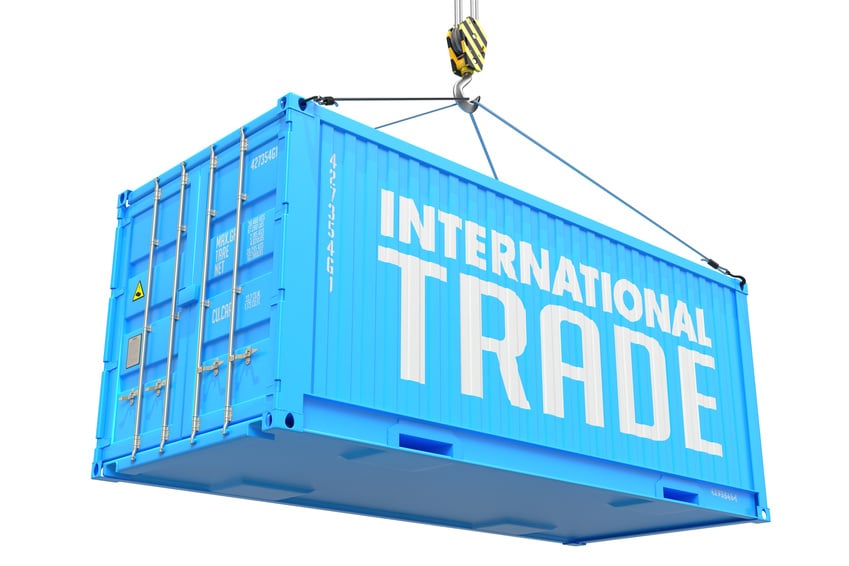While there has been some hand-wringing over the fate of the North American Free Trade Agreement following the recent US election, a renegotiation of NAFTA would present the parties an opportunity to rethink their objectives behind the environmental provisions.
Just What Does NAFTA Say About the Environment?
The main environmental Article in NAFTA itself provides a vague requirement to maintain current EHS standards:
Article 1114: Environmental Measures
1. Nothing in this Chapter shall be construed to prevent a Party from adopting, maintaining or enforcing any measure otherwise consistent with this Chapter that it considers appropriate to ensure that investment activity in its territory is undertaken in a manner sensitive to environmental concerns.
2. The Parties recognize that it is inappropriate to encourage investment by relaxing domestic health, safety or environmental measures. Accordingly, a Party should not waive or otherwise derogate from, or offer to waive or otherwise derogate from, such measures as an encouragement for the establishment, acquisition, expansion or retention in its territory of an investment of an investor. If a Party considers that another Party has offered such an encouragement, it may request consultations with the other Party and the two Parties shall consult with a view to avoiding any such encouragement.
NAAEC & the Commission for Environmental Cooperation (CEC)
The alternative to robust environmental provisions in NAFTA itself was thought to be the North American Agreement on Environmental Cooperation (NAAEC), arguably the first environmental side agreement to a trade pact of its kind. The NAAEC and its oversight body, the Commission for Environmental Cooperation (CEC), were vested with authority to “prevent competitive effects through ensured environmental enforcement.”
While there have been some successes with matter-specific joint initiatives with certain hazardous wastes and toxic substances, the CEC lacks dispute resolution powers, has no ability to address aggregate environmental impacts and is rendered moribund by a negligible budget. Further, the provisions which purported to provide NGOs and individuals to challenge environmental enforcement have remained in place but have ceased to effectively function, satisfying no one.
In short, the NAAEC has not delivered meaningful protection against competitive advantages gained through selective environmental law enforcement while claiming elevated importance.
Clarity Needed on “Derogation” from EHS Standards
The current provision, also adopted more recently by Canada and the US in the ill-fated Trans-Pacific Partnership, prohibits parties from “derogating” from an environmental, health or safety standard as an “encouragement for the establishment, acquisition, expansion or retention” of an investment.
Even a cursory examination of the environmental approvals given to infrastructure and other large projects across all three countries will cause unease with this NAFTA requirement. Large scale project environmental permitting is more art than science and any requirement that an environmental regulator hold the mythical line with investors is a canard. The wisdom with this environmental article lies in the fact that the NAAEC and CEC weren’t permitted to enforce it.
From Prohibitions to Positive Standards
If the NAFTA parties wish to remove differential environmental standards as trade advantages (and admittedly this is an open question), the parties would be better to focus on adherence to clearly defined standards, including those contained in other international commitments, as a much clearer and more meaningful means to address trade-relevant environmental standards.
For Canada, the impetus for this type of standard may well come from its legislative initiatives on greenhouse gas emissions, which are now openly questioned in light of the anticipated inaction on GHGs in the US and the talk of a more investor-friendly manufacturing sector south of the border.
Clarion calls for an environmental level-playing field may well lead to environmental standards changes to NAFTA to which all three parties can agree.



